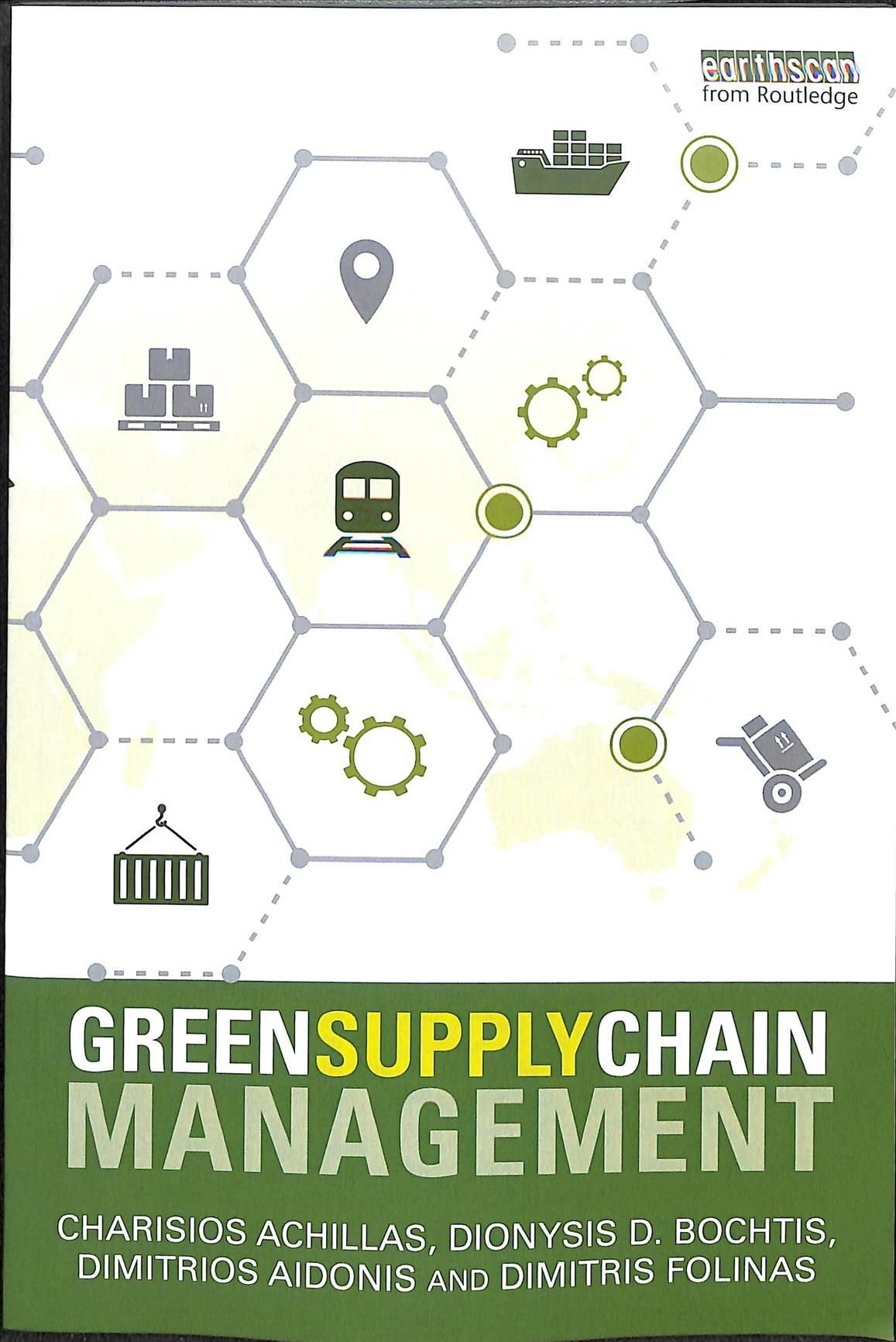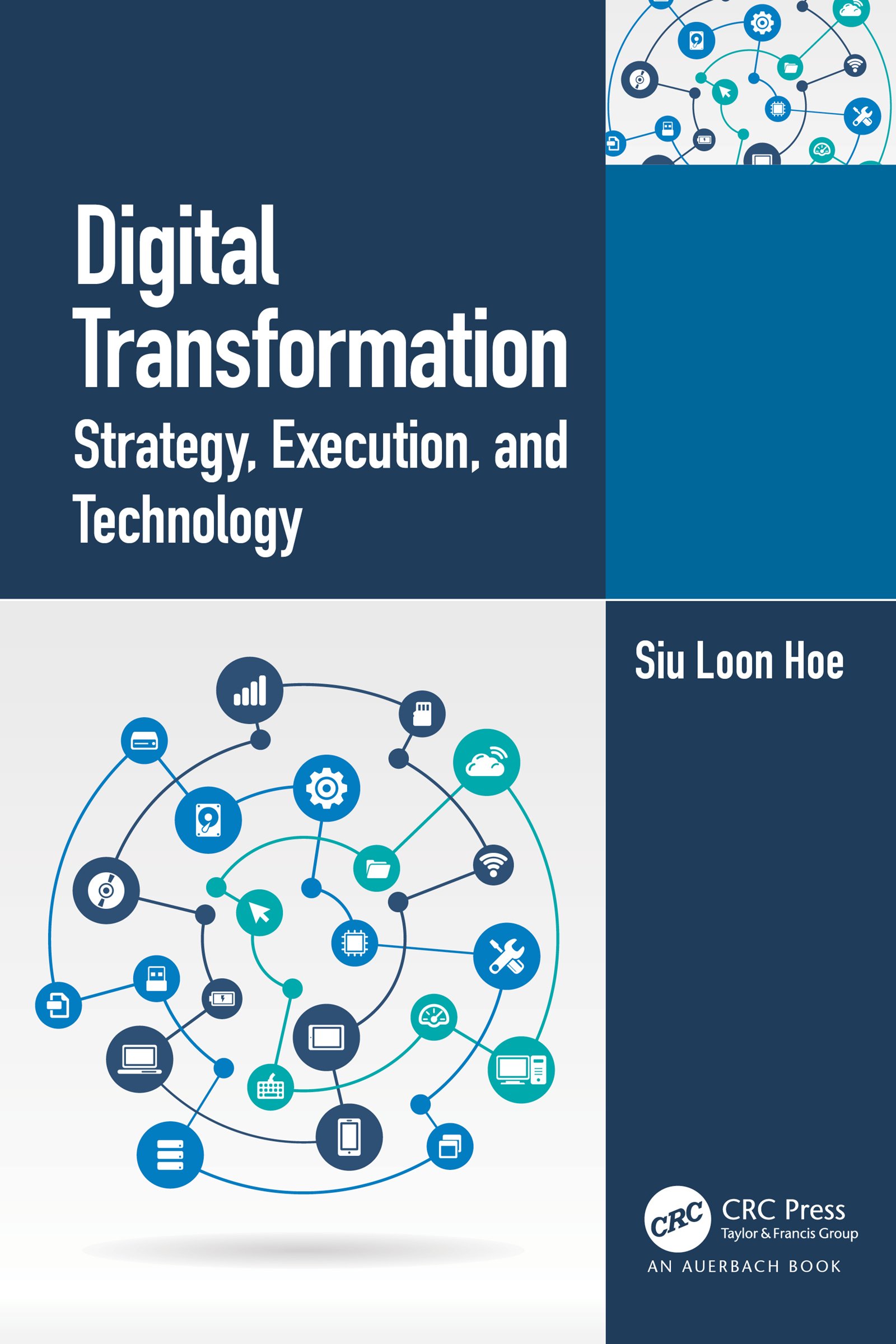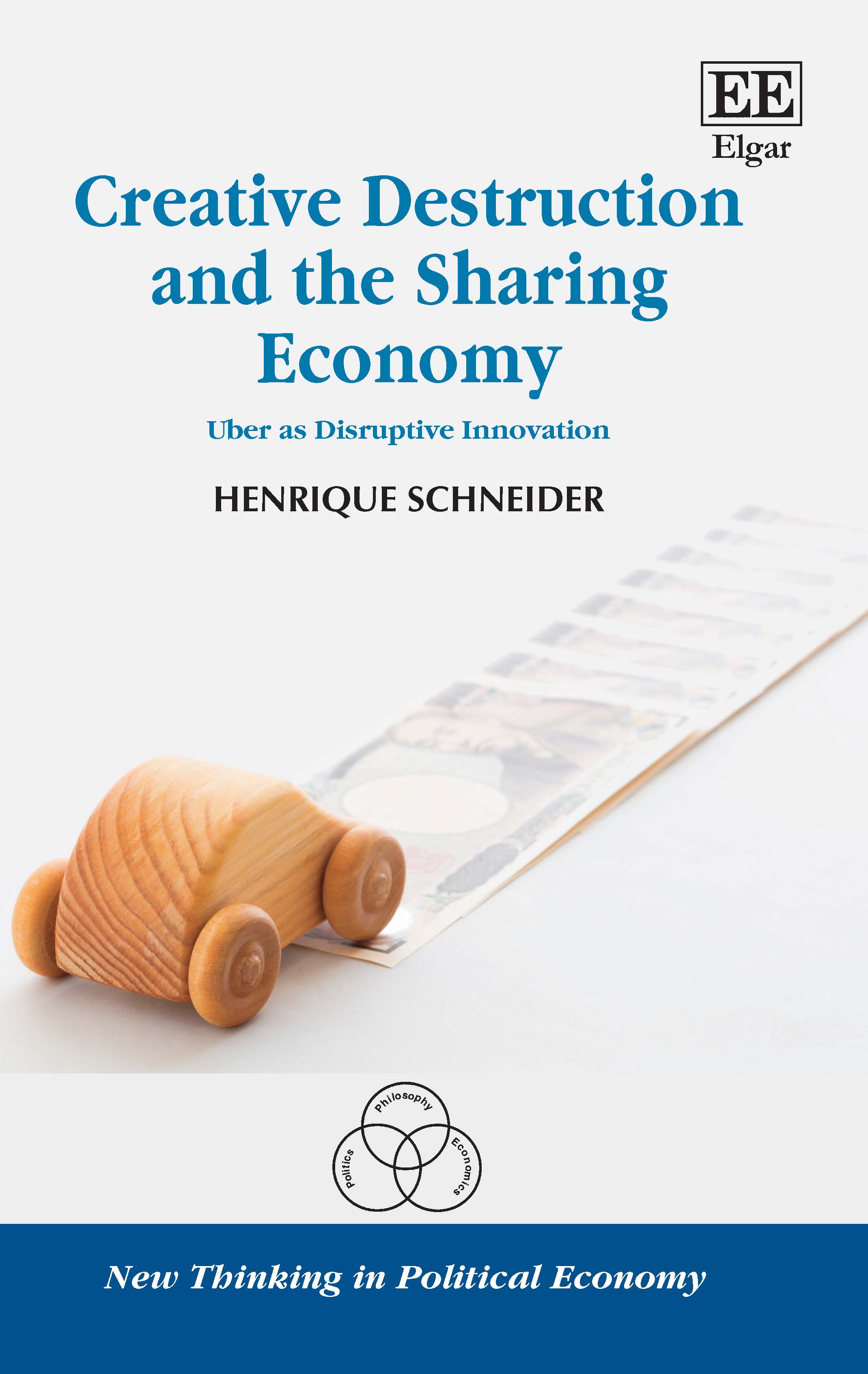Today, one of the top priorities of an organization’s modern corporate strategy is to portray itself as socially responsible and environmentally sustainable. As a focal point of sustainability initiatives, green supply chain management has emerged as a key strategy that can provide competitive advantages with significant parallel gains for company profitability. In designing a green supply chain, the intent is the adoption of comprehensive and cross-business sustainability principles, from the product conception stage to the end-of-life stage. In this context, green initiatives relate to tangible and intangible corporate benefits. Sustainability reports from numerous companies reveal that greening their supply chains has helped reduce operating cost, thus boosting effectiveness and efficiency while increasing sustainability of the business. Green Supply Chain Management provides a strategic overview of sustainable supply chain management, shedding light on the theoretical background and key principles of the topic. Specifically, this book covers various thematic areas including benefits and impact of green supply chain management; enablers and barriers on supply chain operations; inbound and outbound logistics considerations; and production, packaging and reverse logistics under the notion of “greening”. The ultimate aim of this textbook is to highlight the challenges in the implementation of green supply chain management in modern companies and to provide a roadmap for decision-making in real-life cases. Combining chapter summaries and discussion questions, this book provides an accessible and student-friendly introduction to green supply change management and will be of great interest to students, scholars and practitioners in the fields of sustainable business and supply chain management.












